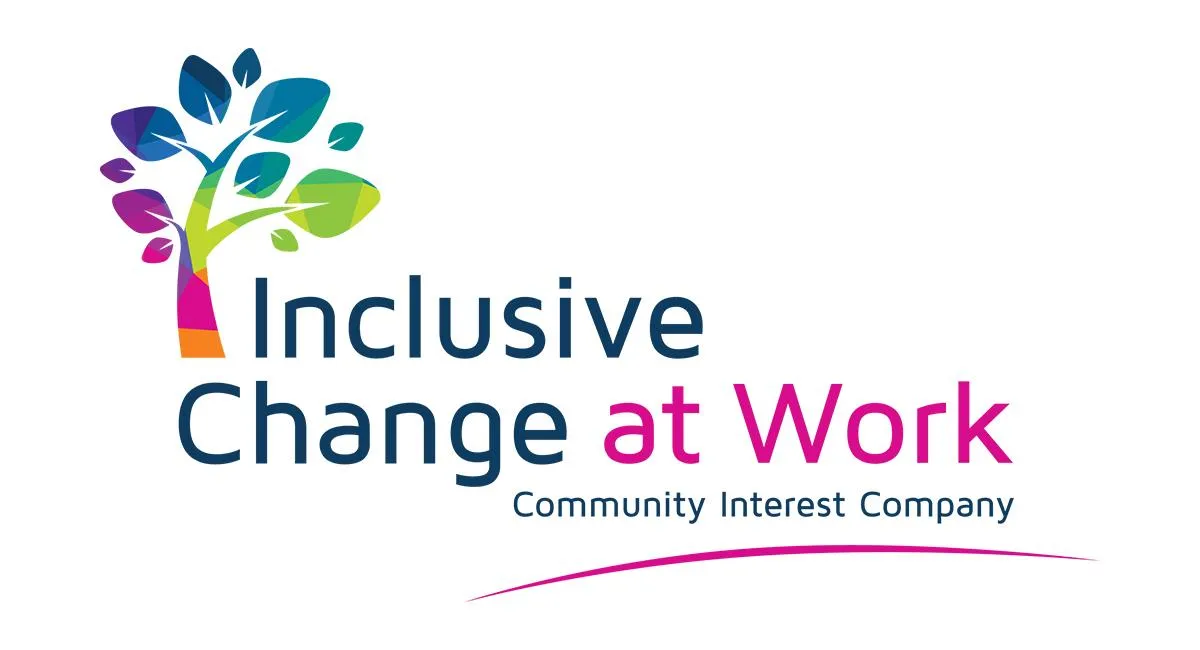Read our Blog
Find out more about our work & team
Learn more about neurodiversity

How Misinformation is Spread - Alex Jones
The Spread of Misinformation: The Case of Alex Jones
Misinformation is a powerful force in the modern media landscape. It spreads quickly, exploits emotions, and thrives in environments where critical thinking takes a backseat to sensationalism. Few figures exemplify this better than Alex Jones, whose rise from a fringe broadcaster to a central figure in conspiracy culture offers key insights into how misinformation propagates.

The Early Days: Public Access Broadcasting and Radio
Alex Jones began his career in the 1990s on public access television in Austin, Texas. His early broadcasts centered around conspiracy theories, many of which were sensational and unverified. As his rhetoric grew more extreme, it eventually led to his firing from a local radio station in 1999. Instead of deterring him, this setback prompted him to launch his own platform, Infowars, a website and media outlet that would go on to become one of the most infamous sources of misinformation in the United States.
Reaching a Wider Audience: The Internet and Radio Syndication
Jones quickly recognized the potential of the internet and radio syndication to expand his reach. Through these channels, he was able to build a dedicated audience beyond Austin. His ability to pivot to new media formats kept his influence growing as technology evolved. By embracing digital media early, he was able to cultivate a vast audience eager for alternative narratives to mainstream news.
The 9/11 Conspiracy and Rise to Fame
One of the most significant moments in Jones’s rise was his promotion of the conspiracy theory that the September 11th attacks were an inside job orchestrated by the Bush administration. This claim resonated with individuals who were skeptical of the government and mainstream media. The controversy surrounding his statements only served to increase his visibility, propelling him to national recognition.
The Power of Community and Adaptation
One of the reasons for Jones’s success was his ability to foster a sense of community among his listeners. He spoke to them as if they were insiders, part of an exclusive group that had access to hidden truths. This dynamic made his audience more likely to trust him over traditional media sources. Additionally, his ability to adapt to changing media landscapes—shifting from radio to online video, and later, social media—kept his influence strong despite various bans and de-platforming efforts.
Political Legitimacy: The Trump Connection
In late 2015, Jones received a major boost in credibility when Donald Trump appeared on Infowars. This endorsement from a high-profile political figure helped Jones reach an even larger audience, solidifying his influence among a segment of right-wing voters. By aligning with Trump, Jones further embedded himself in mainstream political discourse, lending his conspiracy theories a sense of legitimacy among his listeners.
Profiting from Misinformation
With a growing audience, Jones turned his platform into a highly lucrative business. He monetized his reach through the sale of dietary supplements marketed to his followers. At his peak in 2018, reports indicated that Infowars was generating as much as $800,000 per day. His ability to intertwine conspiracy-driven content with commercial sales proved to be an effective—and highly profitable—business model.
Conclusion
Alex Jones’s rise and sustained influence illustrate the mechanics of misinformation in the digital age. By exploiting emerging media technologies, fostering a loyal community, and intertwining sensational claims with commercial interests, he built an empire that thrived on distrust and fear. His story serves as a cautionary tale about the power of misinformation and the need for media literacy in an era where deceptive narratives can spread faster than ever before.
Further Reading
For more information, read these articles I referenced for this blog:
https://apnews.com/article/alex-jones-infowars-d6299ea512cafd222dab580b30c151ee

A Journey of Neurodiversity Advocacy and Change
Read Lucy Smith's story through an interview with Golden Valley.
Lucy talks about how she became an advocate for neurodivergent people, what drives her to try and make changes for neurodiverse employees and how her own personal experiences with her neurodivergent family have shaped her views and direction in life.

Women in the Middle® Entrepreneurs:
EP #52: Sharing the Positives About Neurodiversity with Lucy Smith.
Suzy Rosenstein, a master life coach, hosts a podcast called Women in the Middle Entrepreneurs, a podcast where these important conversations about the intersection of being a midlife entrepreneur who's also a woman 50 plus can happen.
Coaching & Virtual Assistant Support
Enhance your professional skills and productivity with our coaching and virtual assistant services, designed to empower you in the workplace.
Mentoring
Connect with experienced mentors who will guide and inspire you on your journey to success, providing valuable insights and support along the way.
Work Support
Benefit from personalised support in various aspects of your work life, ensuring a conducive and inclusive environment for your growth and progress.
Interview Support
Prepare for interviews with confidence and poise, with our interview support services aimed at helping you showcase your talents and abilities effectively.
Inclusive Change At Work CIC
Bradbury House
Wheatfield Road
Bradley Stoke
Bristol
BS32 9DB
Companies House: 13271923
ICO registration: ZZB293922
UK register of Learning providers
UKRLP: 10090653

Facebook
LinkedIn
X
Instagram